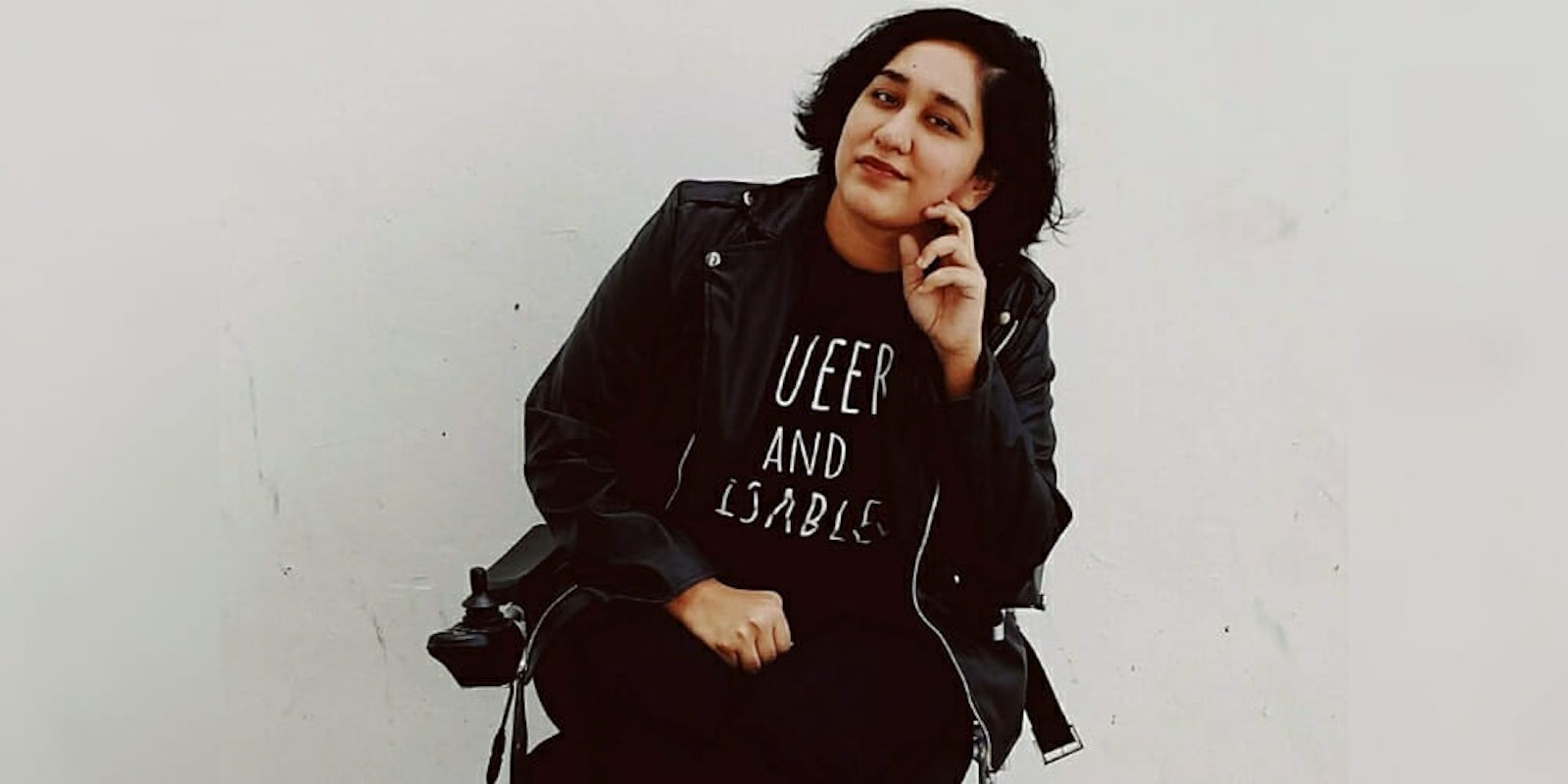On the Daily Show earlier this week, Trevor Noah talked about Brian Cranston and Kevin Hart’s new movie The Upside, and the conversation it has sparked about casting disabled actors. Noah said he’d read a post from an actor with disabilities who opened his eyes to the fact that while abled people, like Cranston, get to be cast in disabled roles, the opposite is not true. “I never thought of it like that, y’know?” he said, adding this is a lesson we should learn for future films.
Now disability activist Annie Segarra, a YouTuber with over 16,000 subscribers, is taking the conversation a step further. On Twitter, she thanked Noah but wanted to discuss how we could have these conversations in a more respectful way, outside of having an “a-ha!” moment that disabled people exist.
“I am really glad that Noah used his abled privilege and large platform to discuss disabled mimicry but I also have complicated feelings about it,” wrote Segarra on Twitter. “This is a good example of how ‘I never thought of it like that’ can feel dehumanizing.”
She went on to demonstrate what abled people’s realizations sound like: “Oh! Disabled people are diverse.” “Oh! Disabled actors are not BAD actors because they are disabled!” “Oh! Disabled actors should be given equal opportunities to get work!”
Oh! Disabled actors are not typically hired for abled roles!
— Annie Segarra (@annieelainey) January 16, 2019
Oh! Disabled actors should be given equal opportunities to get work!”
Segarra continued that while she recognizes these are real realizations abled people have, it’s important to show respect for the disabled activists who have been trying to communicate this information for so long. “You’re arriving late,” wrote Segarra, “and the tardiness has been a heavy burden.”
She also expressed disappointment that the disabled actor who opened Noah’s eyes wasn’t named. (The Daily Dot could not track down the actor as of this posting, either; we also reached out to Segarra for comment.) “It’s one thing to TALK abt uplifting the visibility of disabled people and another thing to actually DO it; by crediting the disabled activists whose experiences you’ve learned from,” wrote Segarra.
People on Twitter chimed in on the discussion, sharing similar frustrations about who is celebrated for talking about disability representation.
I think this whole problem is pretty neatly summed up with the fact that Noah is the headline. Opens dialogue? Uhhhh pretty sure I saw tweets about this before I actually saw the trailer. Cranston even said he KNEW this was a move that wasn’t cool. pic.twitter.com/XZVQ7r1OXn
— Laura Oliver (@loliv3r) January 17, 2019
https://twitter.com/ChloeElysabeth/status/1085567318493667328
I was really happy to have a mainstream voice being an ally (basically unheard of), but it was seriously demonstrative of how low our expectations are, because it was about as bad allyship as you can get.
— Caitlin 🍉 (@ThereWillBStars) January 16, 2019
A-ha moments are good to have, but perhaps take your realization to the next level before you step up to your platform.


